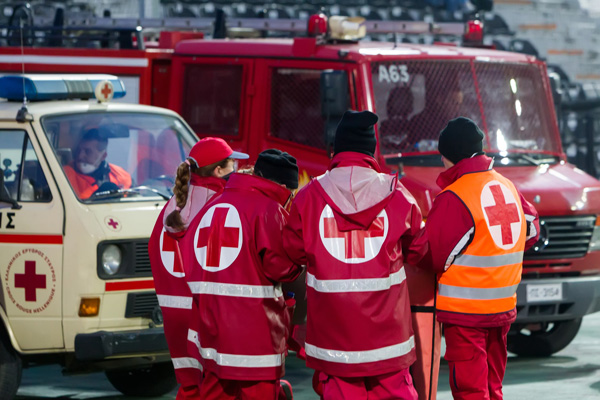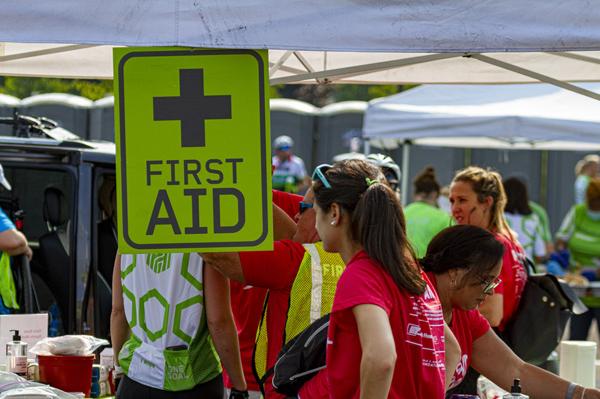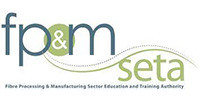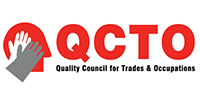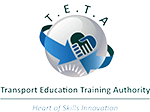As restrictions in South Africa loosen and December promises warmer weather, we are seeing bigger and better events being hosted more regularly. Every weekend, there’s a sports event, a Christmas party, a concert or a market of sorts offering citizens a chance to relax, rejuvenate and enjoy the heat of the South African Summer together. But while these social gatherings present an exciting opportunity to reconnect with our communities, they also present a variety of dangers and hazards that require professional care, first aid training and regulation. Read this article to see how EMCARE’s first aid training is the perfect way to keep guests safe at any social event.
First Aid Training is An Important Aspect Of Any Sports Or Recreational Event
Since October, South Africa has been placed under Alert Level 1 by Cyril Ramaphosa and the Government of South Africa. This means that curfew begins at midnight and ends at 4 am, with venues and gatherings expected to close at 11 pm. Spectators at sports events are now limited to 750 people indoors and 2000 people outdoors, while smaller venues are advised to host guests that fill 50% of their capacity limits. The on-site consumption and sale of liquor are now allowed for licensed events and venues.
As South Africans regain their freedom following the loosening of civil restrictions, professionals and entrepreneurs in the event and service industry are ranking up their production plans to prepare themselves for the social gatherings that we’ve all been anticipating over the last year. Festivals, conventions, functions, and tours are being marketed and hosted country-wide, and event planners are excited to make up for the time that they lost throughout 2020 and most of 2021. With the seasonal holidays finally underway after a tough year, citizens are looking forward to a huge line-up of concerts, markets, sporting events and more. And with that, event planners need to take extra precautions to ensure that their guests are protected from the dangers and hazards that come with social gatherings.
Any event planner will know how important it is to plan for the unexpected – be it a fire, an accident or an infrastructural emergency. Event planning requires a lot of risk forecasting, and various stakeholders have to cooperate to ensure that all of the guests, vendors, and performers are taken care of. Event planners are required by law to fulfil a number of safety regulations – including the provision of first aid training – that will prevent disaster from outbreaking in an unexpecting crowd.
Safety at Sports and Recreational Events Act of 2009: Regulations
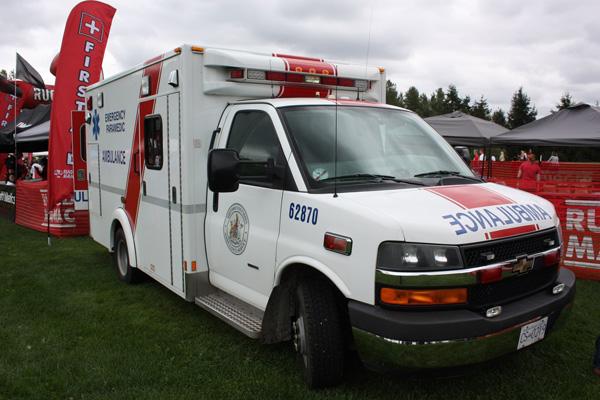
Section 3 of this Act makes provisions for “Safety certification and grading of existing stadiums or venues”. This section of the Act demonstrates the legal obligation that event planners have when it comes to disaster management and the enforcement of safety standards. Section 3 stipulates some of the following requirements that are relevant to health, safety, fire and first aid training:
- “2 (a) a current fire safety compliance certificate in respect of the stadium or venue, issued by the head of the fire department, located within the immediate vicinity of a stadium or venue.
- (20) A stadium or venue, where a high and medium risk event is to be hosted, must have a temporary or permanent emergency back-up generator facility in place, as contemplated in sub-regulation 18, which
- (a) must be capable of powering-up all of the essential operational and emergency and emergency evacuation systems and infrastructure (including lighting) located within its outer perimeter fence for a minimum period of 4 hours; and 15
- (b) must be positioned by the local disaster management department in consultation with the head of the fire service and the stadium owner at a designated location at a stadium or venue
- (22) A stadium or venue, where a high and medium risk event is to be hosted, must have purpose specific designed and properly equipped first aid rooms, medical rooms/ posts and /or centers, as contemplated in the regulations promulgated by the Minister for Safety and Security and in accordance with the Health Act.
- 25) A stadium or venue must have an accessible permanent purpose specific designed and equipped facility or facilities in place, at a disaster management, health services, fire services and stadium owner designated and positioned location or locations at a stadium or venue, which provides for physically challenged spectators at an event.”
As you can see, it is very important to have emergency and medical services on the premises in order to mitigate any unwanted accidents, injuries or fatalities using first aid training. Failure to comply with this safety Act can have legal implications for event planners and stakeholders. To avoid criminal charges and potential disasters, it’s best to have trained professionals on-site to handle any kind of accident.
Different Types Of Accidents At Live Events:
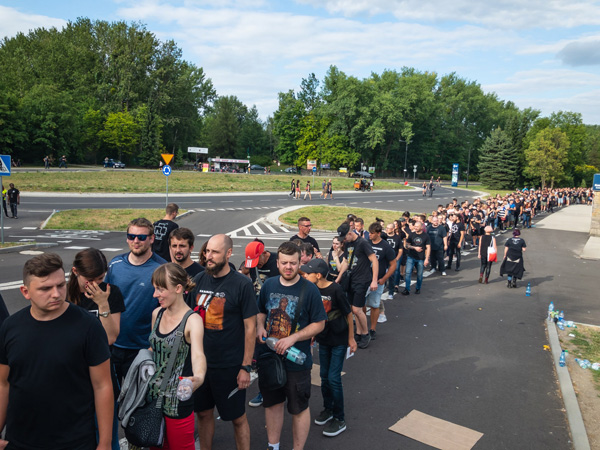
- Stampedes: When too many people are gathered in a small amount of space and the crowd begins to push and pull in the same direction, this can cause a surge of traffic and panic that results in a crush or human stampede. Pressure from the back of the crowd often results in a panic that triggers frantic collisions. The congestion can reduce the availability of oxygen, and the additional physical pressure on your chest, head or neck, can cause fatal compressive asphyxia. Stampedes are usually a result of poor venue design, unclear signage and exits, poorly marked pedestrian paths, bad crowd control from security, overcapacity, physical barriers blocking exits, fire, and uncontrolled pedestrian or vehicular traffic.
- Alcohol Abuse, Illegal Drug Use And Overdoses: Entertainment services and the sale of alcohol are synonymous in the event industry. However, binge drinking or the use of drugs can present an extremely dangerous liability that could lead to fights, assault, overdoses, “bad trips”, public indecency, and other tragic injuries or deaths. Live music festivals and concerts often become markets for illicit drug use, such as MDMA, ecstasy, ketamine, cocaine, hallucinogens, opioids, benzodiazepines, or cannabis. While event planners cannot control who participates in the use of drugs and alcohol, they can enforce a zero-tolerance policy that enforces proactive strict security checks in cooperation with the police upon entry, and reactive emergency medical forces with first aid training on-site.
- Inadequate Evacuation Strategies: Risk-management techniques such as evacuation plans are mandatory to ensure that your guests are safe in the case of extreme weather events, fires or natural disasters. Having an evacuation plan in place allows event planners to calmly and efficiently remove guests from harm. Once the situation has been managed, guests will be allowed to re-enter the premises in a safe and controlled manner using the designated escapes, exits and pedestrian pathways under the supervision of safety officers. Without an evacuation plan and cooperation with the police, fire department, medical services and venue owners, event planners could end up facing stampedes, panic and uncontrollable crowds.
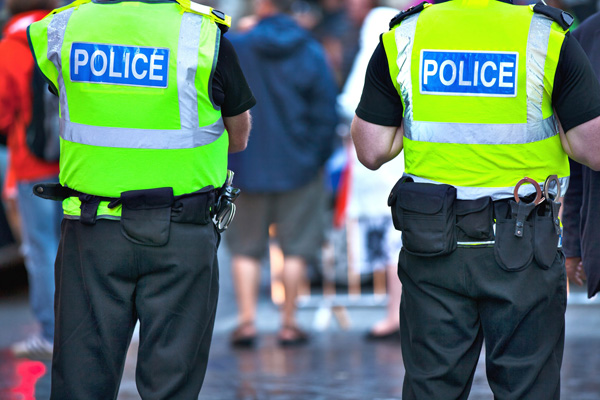
- Infrastructural Failure: The stage set-ups at live productions are complex engineering feats. Stage design involves the integration of sound systems, audio-visual mechanisms, lighting rigs, broadcasting equipment and supporting infrastructures like scaffoldings, tents and adjacent crowd barricades. Engineering a safe stage requires a lot of logistical planning that can accommodate high-tech equipment, crew members and performers all at once. However, simple miscalculations made by human error could lead to inadequate scaffoldings, anchors, bracings, guy wires and barricades collapsing under heavy pressure or unexpected weather.
- Electrocution And Fire: Exposed wires could lead to a number of safety hazards, including explosions, burns and electrocution. Short-circuiting wires are a danger to all engineering staff members, crew members and performers as they present a fire hazard and a trip hazard. Wires and high-voltage machinery needs to be effectively sealed, waterproofed, labelled and assembled to prevent fire and smoke from breaking out or burning guests.
- Extreme Weather: Temperatures above 35 degrees Celsius can lead to heatstroke, sunstroke, and various degrees of burns or skin damage, especially when paired with high endurance sport or the consumption of alcohol. Heavy downpours of rain can lead to landslides, trench foot (over a long period, like at a festival), floods or electrocution when combined with exposed electrical wires. Extreme winds can topple infrastructure and increase the risk of guests being crushed or impaled. Extreme cold can lead to hypothermia or frostbite.
- Poorly-Trained Staff Members: Having the perfect entertainment, caterers and resources won’t mean much if your staff members are not well-trained. These are the people who keep the show operating, so it is vital to have qualified security officers and accredited first aid responders on your team or premises. Ideally, there should be at least one first aid responder and one first aid kit per 100 guests. Besides the peace of mind that these responders will offer any event planner, and the care that they offer victims of injury, having medical teams dispatched on the premises will also lessen an event planner’s insurance costs.
The Importance Of First Aid Training
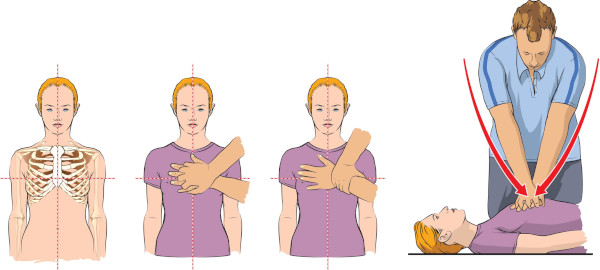
Besides the nightmares mentioned above, event planners and hosts also have to worry about smaller liabilities like slips, falls, property damage, breakages, cancellations, deposits, transportation, licensing, vendors and much more. With this, comes equally intricate insurance contracts. Evidently, there are a lot of risks involved in event planning. However – when executed correctly – well-organised, streamlined live productions create infectious communal energy and life-long memories.
This is why it is vital to take preventative measures to stave off catastrophe. First aid training is a sought-after skill that is applied in all kinds of events. First aid responders have a wonderful opportunity to engage more in events this coming December of 2021, collaborating with industrious event planners, audiovisual crews, stage engineers, security officers and many other stakeholders. Events at Alert Level 1 in South Africa present a compelling demand for medical services with first aid training to actively care for their community and protect them against harmful threats.
EMCARE’s First Aid Training Courses
As we know, any venue should adequately supply first aid equipment and resources. More importantly, event planners need to guarantee that there are people on-site that have first aid training. Medical responders need to have experience in administering safe, methodological and effective medical care to any victim or endangered person. To make this possible, EMCARE offers the following first aid training courses:
- Basic First Aid / First Aid Refresher Course (FAR)
- First Aid Level 2 Course (FA2)
- First Aid Level 3 Course (FA3)
- HIV/AIDS Awareness Course (AAT)
- CPR & AED Course (AED)
Event planners, venue hosts and other caterers in the service industry can benefit a great deal from assigning their staff to do first-aid training. There is a multitude of different types of first aid training courses that cater to different emergencies, but potential students can select the course that suits them best – the Basic First Aid course is an efficient way to cover the basics over just one day, and the First Aid Level 3 Course lasts just 4 days. Gaining this training with EMCARE will guarantee you and your community safety this December. Call us today to book your course!
